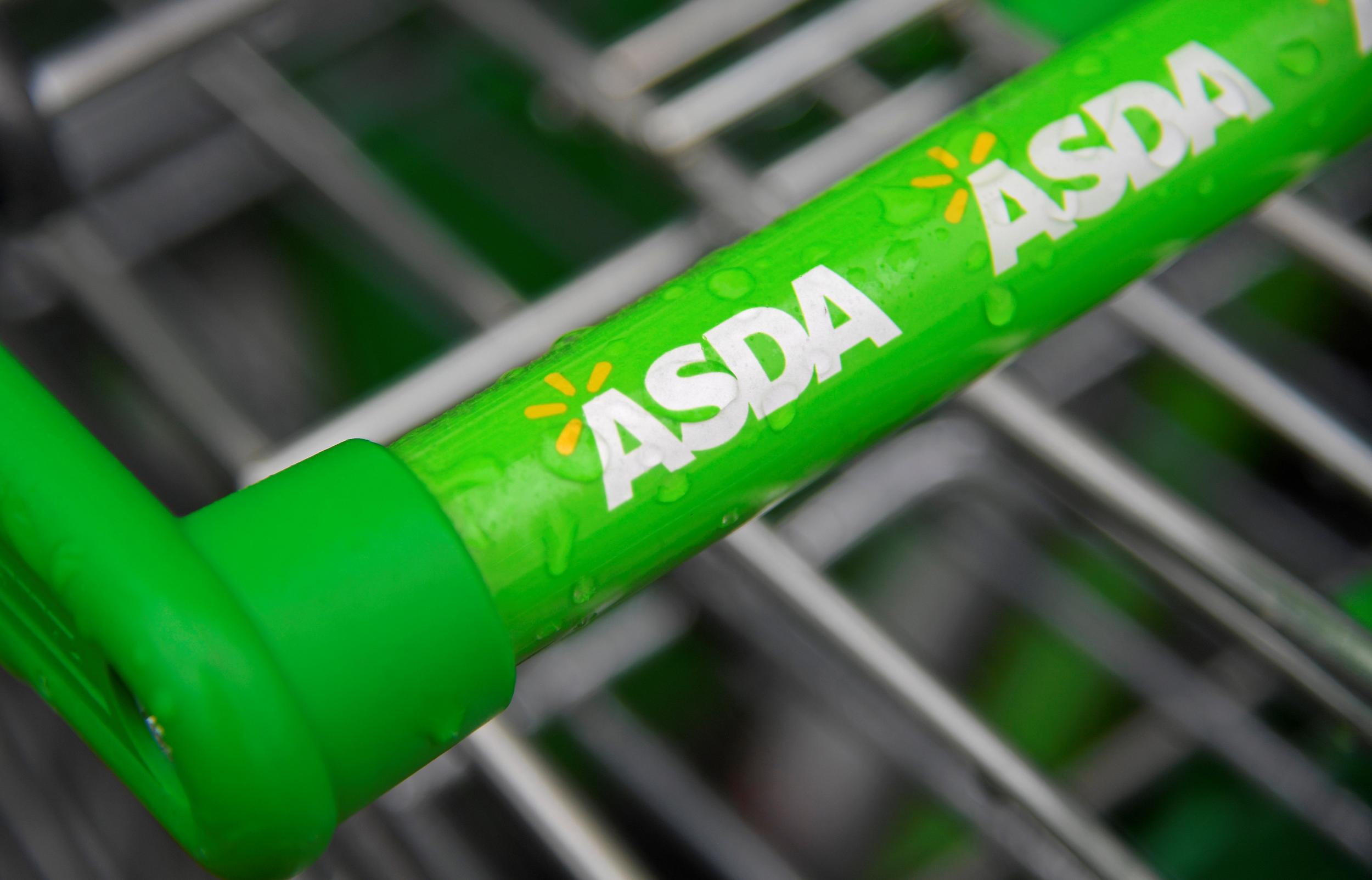Asda profits drop 10% after prices slashed in bid to grow sales
CEO Roger Burnley said investment in price drop strategy had the desired effect, with 'momentum' returning to the business

Asda profits dropped 10 per cent last year after the supermarket slashed prices in a bid to grow sales.
The group said the strategy had worked, with sales excluding fuel rising 0.5 per cent, a significant turnaround from a 5.7 per cent drop in 2016.
However the company reported pre-tax profit of £712.6m, down from £791.7m, and operating profit fell 13 per cent to £735.4m from £845.3m, which the company said was due to “lowering prices to mitigate the impact of food inflation”.
Asda president and chief executive Roger Burnley said: “Our 2017 accounts reflect a solid performance and a strong, well-managed business. During the year momentum returned driven by a series of planned investments in lowering prices, further improving quality and innovation in our own brand ranges and providing an even better shopping experience whether in store or online.
“Our customers have responded well to this strategy and the momentum of 2017 has continued into the first quarter of 2018.”
The supermarket has made a strong start to the year, with the latest Nielsen data revealing that over the twelve weeks to 19 May, Asda had the most improved year-on-year sales growth of the top four supermarkets, with an increase of 3.3 per cent. The Walmart-owned retailer was also the second-best performer according to Kantar Worldpanel’s figures for the quarter.
Meanwhile, Asda is currently waiting for feedback from the competition watchdog on its proposed merger with Sainsbury’s. If the two supermarkets were to combine, it would result in the UK’s largest retailer, and the CMA is investigating whether the deal could lead to a substantial reduction in competition in the sector.
When the proposed merger was first announced, Mr Burnley said it was “great news for Asda customers”.
“Asda will continue to be Asda, but by coming together with Sainsbury's, supported by Walmart, we can further accelerate our existing strategy and make our offer even more compelling and competitive,” he said.
If the deal completes, Walmart will hold 42 per cent of the new company’s issued share capital.
Join our commenting forum
Join thought-provoking conversations, follow other Independent readers and see their replies
Comments